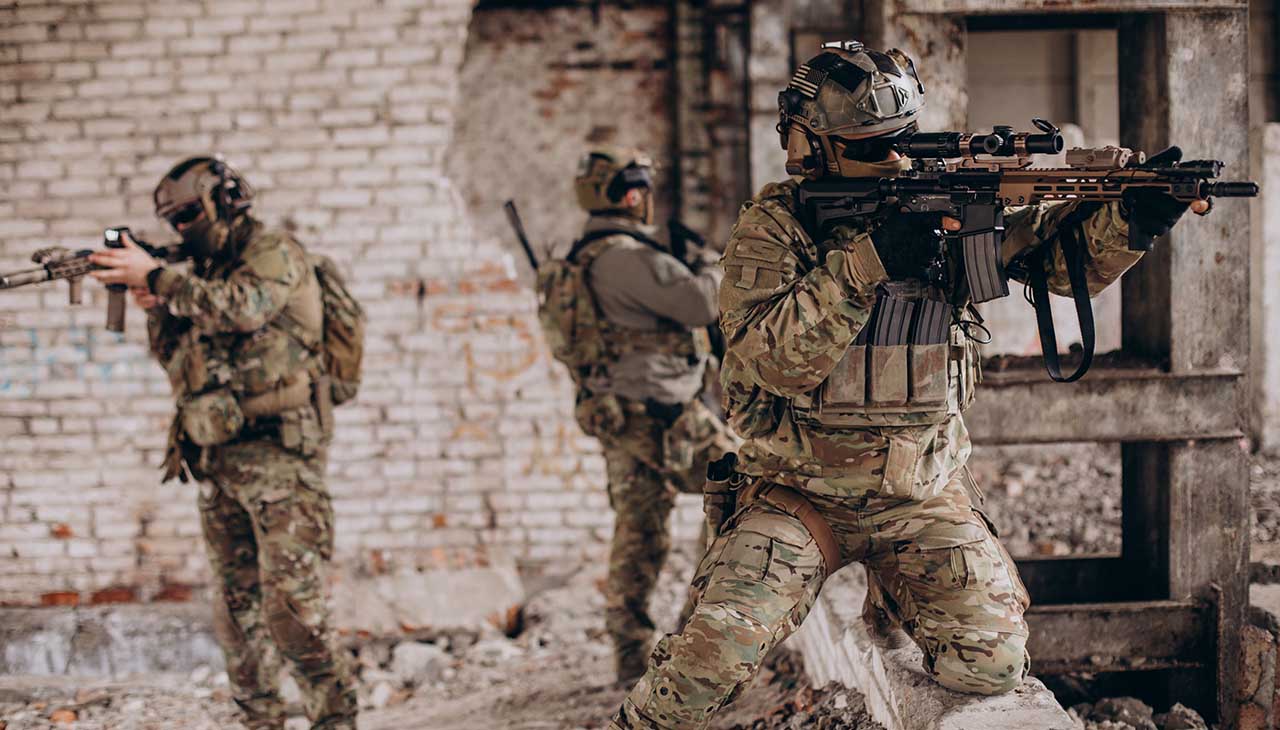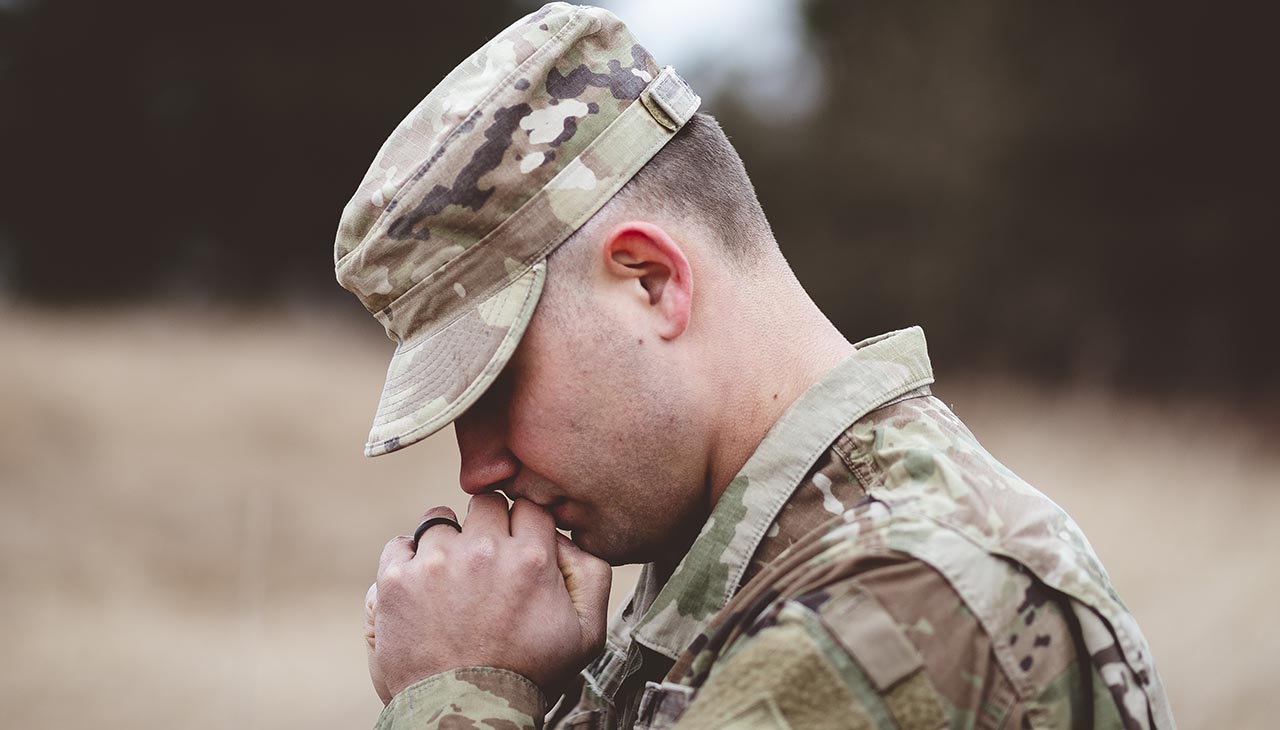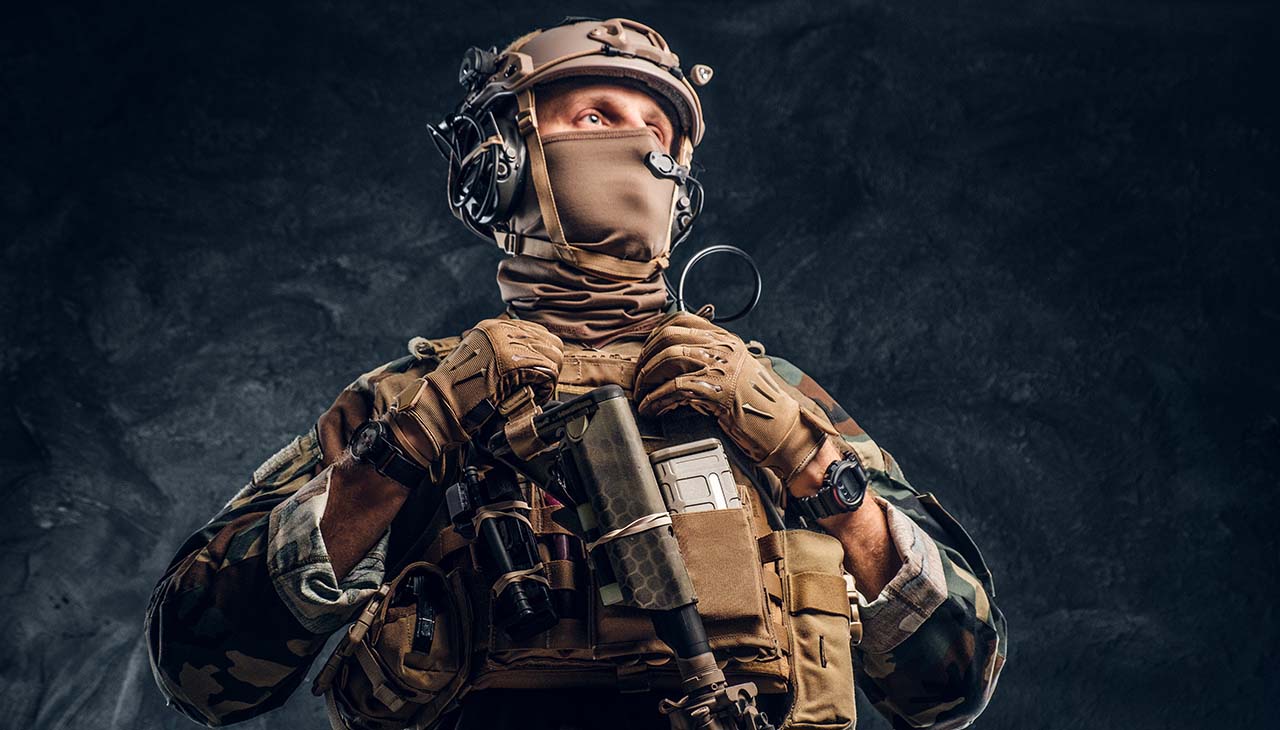Throughout history, conflicts have dramatically shaped nations, cultures, and societies. Complex and often harrowing, these conflicts range from large-scale world wars that have redrafted borders and governance, to civil wars that have fractured the unity of peoples, leaving deep societal wounds that linger through generations. This retrospective analysis will delve into the cascading effects of historical conflicts, examining not only the immediate devastation but also the enduring ramifications on political stability, economic vitality, and cultural identity. We will explore how the reverberations of past battles continue to influence the present and color the prospects for future peace and reconciliation.
Major Historical Conflicts
World War I (1914-1918)
The assassination of Archduke Franz Ferdinand of Austria ignited a global conflict that came to be known as the Great War. World War I saw unprecedented levels of carnage and destruction due to new military technologies and trench warfare. By the end, the war resulted in significant geopolitical changes, with the dissolution of empires and redrawing of borders, paving the way for national self-determination and the tumultuous period leading to World War II.
World War II (1939-1945)
Originating from unresolved tensions from the first World War, World War II emerged as the most expansive and deadliest conflict in human history, involving more than 30 countries and resulting in the loss of millions of lives. The war concluded with the Allies’ victory, but its aftermath reshaped the global order, led to decolonization in Asia and Africa, and began the division of Europe with the Iron Curtain.
The Cold War (Approx. 1947-1991)
Following World War II, the world witnessed a new form of conflict, characterized not by direct military engagement but by political, economic, and ideological rivalry between the United States and the Soviet Union. The Cold War was marked by proxy wars, nuclear arms race, and espionage, shaping global politics and dividing the world into Eastern and Western blocs until the dissolution of the USSR brought an end to the era.
Each of these significant conflicts has left a lasting imprint on the international stage, affecting diplomatic relations, security policies, and cultural exchanges to this day. The repercussions of these wars have also underscored the profound costs of conflict and the enduring value of striving for peace.
Social and Cultural Impacts
The social and cultural landscapes of nations are often deeply influenced by the crucible of conflict. Historical wars have acted as catalysts for change, accelerating shifts in social structures and cultural identities. For instance, World War I and II catalyzed significant changes in gender roles, with women stepping into workforce roles left vacant by men drafted into military service, which laid the groundwork for the feminist movements of the 20th century and redefined women’s rights and societal position.
Cultural exchanges were also significantly impacted. Following World War II, the world saw increased cross-cultural interactions and the spread of American culture abroad, partly due to the presence of U.S. military. Conflicts can challenge societal norms, pushing communities towards introspection and change. For example, the Civil Rights Movement in the United States gained momentum in the context of the Cold War, as the fight against racial segregation and inequality morphed into a larger ideological battlebetween capitalism and communism on the global stage.
Each of these aspects—gender roles, cultural exchange, and social movements—illustrates the complex weave of social transformation borne out of the fires of historical conflicts.
Political and Economic Impacts
The aftermath of historical conflicts has often precipitated critical shifts in global politics and economic structures. Nations emerging from the throes of war have frequently faced the challenge of reconstruction, leading to shifts in power dynamics and the creation of new alliances. The Treaty of Versailles, for instance, not only imposed punitive reparations on the vanquished German Empire post-World War I but also redrew the political map of Europe, setting the stage for political upheaval. Meanwhile, the end of World War II marked the beginning of the Bretton Woods Conference, where the establishment of the World Bank and the International Monetary Fund laid the cornerstone for international economic cooperation.
Power vacuums left by the dissolution of empires were filled by new superpowers battling for ideological dominance, such as seen in the Cold War. The international policies of this era, including the Marshall Plan and Truman Doctrine, were pivotal in cementing alliances based on geopolitical interests, fundamentally transforming global strategic partnerships.
Moreover, the economic impacts of conflict have triggered waves of prosperity for some and devastating poverty for others. Post-World War II economic booms in the Western world stood in stark contrast to the widespread austerity and ruin faced by nations on the frontlines of battle. The Cold War further bifurcated the world economy, with capitalist and socialist camps promoting divergent economic principles and strategies for development. These legacies continue to influence contemporary economic policies and international relations, evidencing the tenacity of historical conflicts to mold our current global community.
Long-Term Global Effects
The enduring global effects of historical conflicts are evident in today’s geopolitics and international relations. The legacy of the 20th century’s wars continues to shape present-day diplomatic relations and global security arrangements. For instance, the establishment of the United Nations after World War II and the promulgation of international law were efforts to prevent future conflicts and promote a peaceful world order. These organizations and agreements are critical in facilitating dialogue and cooperation among nations, aiming to resolve disputes through diplomacy rather than warfare.
Similarly, the political and military alliances established during these times, such as NATO and the former Warsaw Pact, have had lasting impacts on world order. They have defined spheres of influence and continue to influence the way states interact with one another. The persistent challenges in regions like the Middle East can also be traced back to colonial and post-war policies that did not account for ethnic and religious complexities.
The tensions of past conflicts, especially the ideological divide crystallized during the Cold War, have had a profound influence on current global security issues. Cybersecurity, for instance, has become a new battleground reminiscent of the espionage and intelligence strategies of the Cold War. Meanwhile, the threat of nuclear proliferation remains a significant concern, with its roots in the nuclear arms race of the mid-20th century.
Historic conflicts have undeniably shaped the institutions, policies, and relationships that comprise the current landscape of international relations and continue to influence the dynamics of global power and security. Understanding these historical influences is crucial for addressing contemporary challenges and forging a stable and peaceful international community.
Lessons Learned
The study of historical conflicts offers an indispensable lens through which we can examine the mistakes and triumphs of the past to better navigate our future. One of the essential lessons is the realization that conflict often begets further conflict, necessitating the rigorous pursuit of sustainable peacebuilding strategies. Wars, while ending on battlefields, continue to resonate through the socioeconomic and political fabrics of nations, teaching us the importance of inclusive and equitable recovery efforts to prevent the recurrence of strife.
These historical episodes also stress the significance of understanding cultural and geopolitical diversities — a recognition that is crucial for contemporary diplomacy and conflict prevention. As the global community becomes increasingly interconnected, the lessons of the past highlight the need for international cooperation and the dangers of isolationism.
Furthermore, we recognize the impact of arms races and militarization, seen in past global conflicts, on current issues such as nuclear proliferation and cybersecurity threats. By studying these patterns, contemporary society can work towards multilateral disarmament and the establishment of norms in newer domains of conflict.
In the present day, where echoes of the past reverberate in contemporary issues, these historical conflicts serve as both a warning and a guide. The development of international law, support for human rights, and the establishment of conflict resolution mechanisms are direct responses to the devastation witnessed in the 20th century. Thus, as we face the complexities of new geopolitical tensions and security challenges, the knowledge and acknowledgment of historical conflicts empower us to strive for a world where dialogue triumphs over destruction, and unity over unilateralism.






Leave a Reply